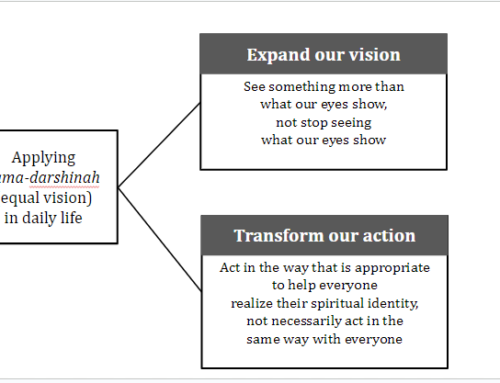Speciesism refers to discrimination against living beings based on their species. Belief in speciesism is implicit in today’s world.
For evidence, we need to look no further than slaughterhouses. If humans were treated as animals are treated in slaughterhouses, it would provoke global outrage. The way the Nazis mistreated and murdered Jews at Auschwitz shocks people even today. But millions of animals are treated worse throughout their lives in thousands of concentration camps (Yes, that’s what slaughterhouses are for the animals that live there). Yet few object.
Today’s intellectuals like to talk about respecting the rights of others. But they don’t think that each time they bite into a meat-burger they themselves violate others’ right. And no small right but the right to life of the animal that has become their meal.
What makes them so insensitive, so unconscious?
Speciesism. Their unquestioned belief in speciesism makes them limit rights to human rights. So the only rights violation that concerns them is human rights violation.
Gita wisdom doesn’t entertain such confining notions. The Bhagavad-gita (05.18) indicates that a wise person sees equally all living beings, including animals. And this equal vision includes all animals in its scope, as is evident from the inclusion of cows, elephants and dogs in this verse. Vedic typology considers these three animals respectively to represent the three modes of nature: goodness, passion and ignorance. As these modes color the psychology of all living beings, the inclusion of an animal from each mode indicates the inclusion of all living beings.
This all-encompassing equal vision stems from the Gita’s philosophical insight that all living beings are souls, children of God, and so are qualitatively equal. Thus Gita wisdom provides a worldview that can catapult humanity out of the confines of speciesism, and evolve towards a higher, more universal consciousness.
Bhagavad Gita Chapter 05 Text 18
“The humble sages, by virtue of true knowledge, see with equal vision a learned and gentle brahmana, a cow, an elephant, a dog and a dog-eater [outcaste].”


Leave A Comment